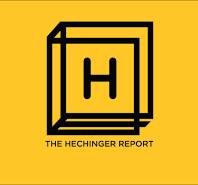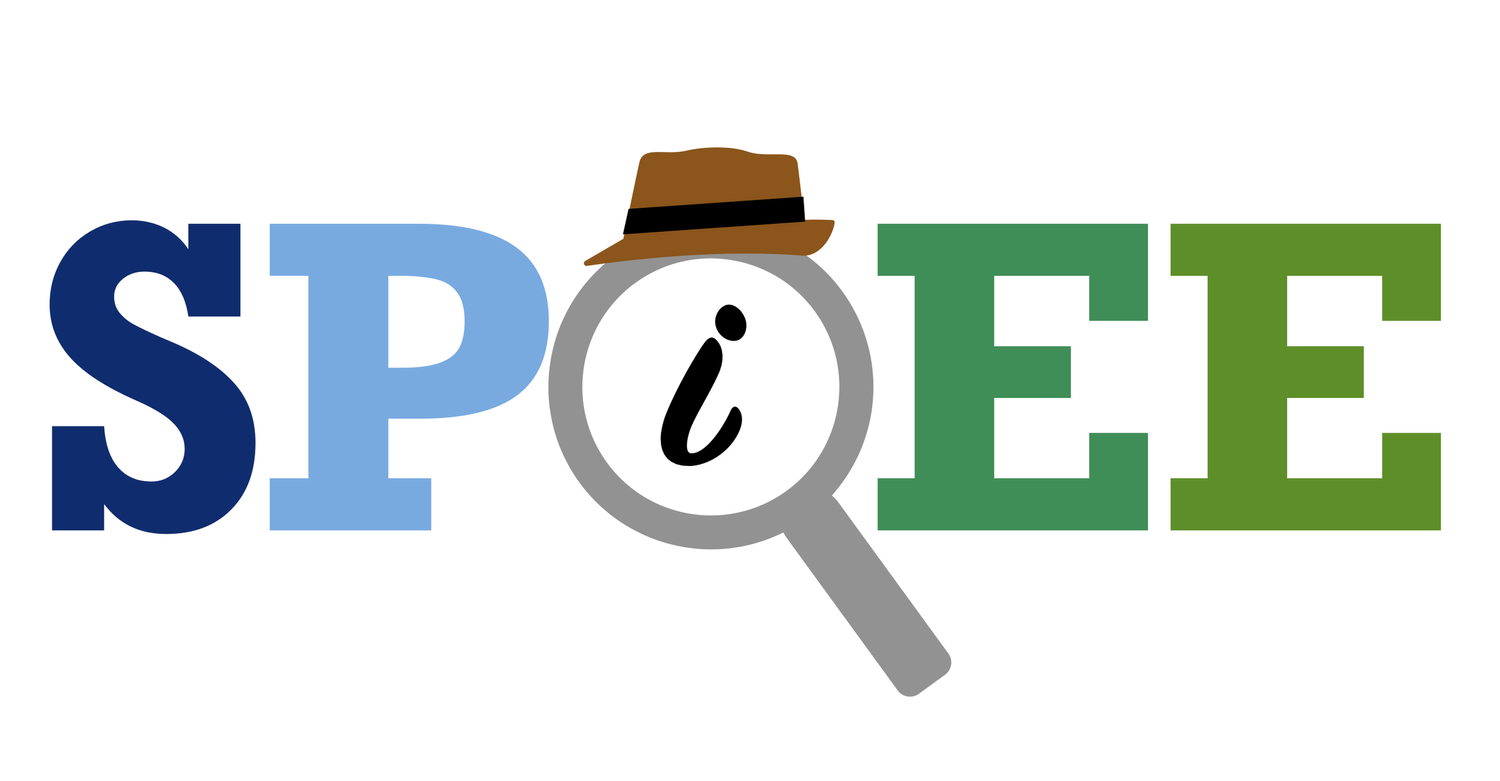
Op-eds & Policy Briefs

AI-Created Quizzes Can Save Teachers Time While Boosting Student Achievement
By harnessing AI to create frequent, low-stakes assessments, teachers can unlock the scientifically proven benefits of the testing effect — a phenomenon in which students learn more by taking tests than from studying.

Good Student-Teacher Relationships Spiked During COVID.
Educators who prioritize understanding young people's experiences and communicate that interest could see multiple benefits.

Improve your relationships with the science of perspective-taking
Social psychology research is breaking down the process of perspective-taking and revealing ways to help us get along better

Scientific Storytelling for the Current Climate
Despite the interest in and promise of climate stories, psychologists have been slower to provide guidance on how to tell these narratives. To address those who remain skeptical of climate change and to foster stronger pro-climate attitudes and behaviors, stories will need to incorporate next-level psychological strategies.

The Hidden Learning (Theories) of Stories
Stories promote sophisticated learning. So why are they disappearing?

Research-Backed Strategies to Engage Students on the Environment
How do you explain something that’s happening slowly and invisibly? Conversations are vital to understanding hidden threats, and photos offer a unique entry point.


Repairing Relationships
Studies show considering perspectives of others benefits us all — especially in the classroom

Here’s a Way Forward With Challenging Students
Giving teachers a chance to use their expertise can have stellar results.

Let’s Start Thinking about climate change as a modern educational problem—and solve it.
Framing this crisis differently could open up new solutions.

Opening Up Science—to Skeptics
Given the present historical moment’s critical need for science, we wondered: What if scientists allowed skeptics in the general public to look under the hood at how their studies were conducted?

Stop Treating Teachers as Cheap Labor
US schools have suffered from a continued loss of teachers. The high turnover rate needs tackling. To do so, an approach that focuses on compensation, appraisal and networking (CAN) would lead to more teachers staying in the profession.

The Key to Reading People
Reading others is as challenging as it is crucial. Our daily acts of social perspective taking—figuring out others’ thoughts and feelings, perceptions and motivations—guide our behaviors toward others. They form the building blocks for all our social relationships. For the most part, we strive to read others accurately, but research indicates that two motives frequently derail us.

The Changing Climate for Social-Emotional Learning
Hunter Gehlbach seeks common ground in the value-laden questions that arise when we get deep into the heart of SEL.

We Must Raise the Bar for Evidence in Education
Educational policymakers and practitioners need to understand how study designs and research practices influence the reproducibility and credibility of a study’s findings. This is easier said than done, but there are a couple of initial indicators that suggest a research finding is “real” and worth implementing.

Weaning Educational Research Off Of Steroids
Hunter and Carly invite readers to wade into the weeds (only a little!), to see what research “on steroids” looks like and why it matters. By doing so, we hope to reveal possibilities for how educational practitioners and policymakers can collaborate with researchers to correct the problem and avoid making practice and policy decisions based on flawed research.

How My Mother Overcomes the “Mother of All Biases”
We often convince ourselves that even our most dubious, unsupported theories are correct. For this reason, some social psychologists view confirmation bias as the “mother of all biases.”

How Georgia State University Used an Algorithm to Help Students Navigate the Road to College
AI technology has come a long way — but what will it take for these automated tools to effectively replace human decision-making? In this piece, the authors discuss a research study conducted at Georgia State University in which an AI tool helped high school students with their transition to college. This study illustrates how combining data integration with artificial intelligence can benefit any institution that relies heavily on communication with multiple important stakeholders.

How Teachers Can Find the Time for Social-Emotional Learning
Social-emotional learning represents crucial skills and dispositions, but we already ask too much from our teachers. So how can we simplify their lives, without oversimplifying these complex ideas?

Overcoming the Biases That Come Between Us
Our capacity to discern the thoughts and feelings of others, particularly those who hold views different from our own, seems to have hit an all-time low. Yet, the picture isn’t all bleak. Burgeoning research identifies an array of cognitive biases—those predictable flaws in our thinking—as a root cause of our struggles to understand each other.
Media inquiry? Contact us.
Want to feature our work on your outlet? Science communication is kind of our thing! Drop us a line.
